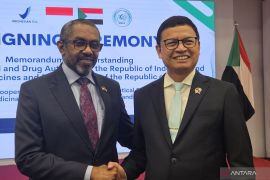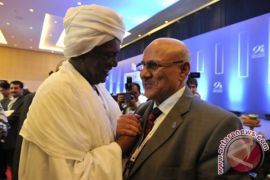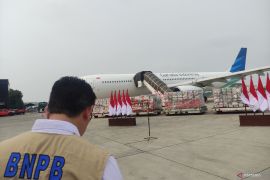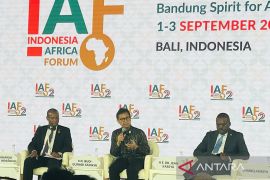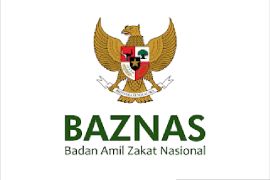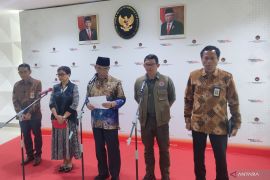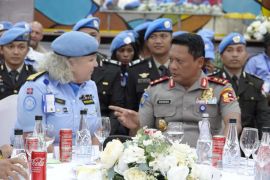Heavy fighting has raged in South Kordofan since June 5 between government forces and militia aligned to the ex-rebel army the SPLA.
"The issue of the ceasefire will be discussed tomorrow (Wednesday). This agreement is a prelude to ending the hostilities ... I hope it was signed in good faith," Malik Agar, who heads the SPLM north and was one of the three signatories to the accord, told AFP.
The two other signatories were top presidential aide Nafie Ali Nafie and the chief African Union mediator, Thabo Mbeki.
The framework agreement pledges to pave the way for comprehensive political and security arrangements in the so-called two areas of Blue Nile and South Kordofan state, which lie on the northern side of border with south Sudan and are home to large SPLM communities.
The fighting erupted following a disputed election for the state governor, which the SPLM`s candidate withdrew from alleging fraud, and after the army`s insistence on disarming SPLA-aligned northern troops, thought to number around 40,000 in the two states.
The agreement stipulates that "any disarmament shall be done in accordance with agreed upon plans and without resorting to force."
It also states that a joint political committee will be formed immediately, and that "the issue of governance in South Kordofan shall be discussed and resolved amicably" by the joint committee, within thirty days."
The South Kordofan conflict, which has so far displaced more than 70,000 people, according to the United Nations, and escalated tensions between the north and south prior to partition, has shown no sign of abating in recent days.
The beleaguered UN peacekeeping mission in Sudan (UNMIS) reported ongoing army air strikes on Monday.
"There were bombings heard in Kadugli this morning, not far from the UNMIS compound," mission spokeswoman Hua Jiang told reporters.
"In the past few days the attacks have been concentrated on (rebel strongholds) Kauda and Julud. Julud was bombed yesterday."
Jiang also said the movement restrictions that the authorities had imposed on the peacekeeping mission were making it difficult to gauge the humanitarian situation in the area. (*)
Editor: Kunto Wibisono
Copyright © ANTARA 2011
